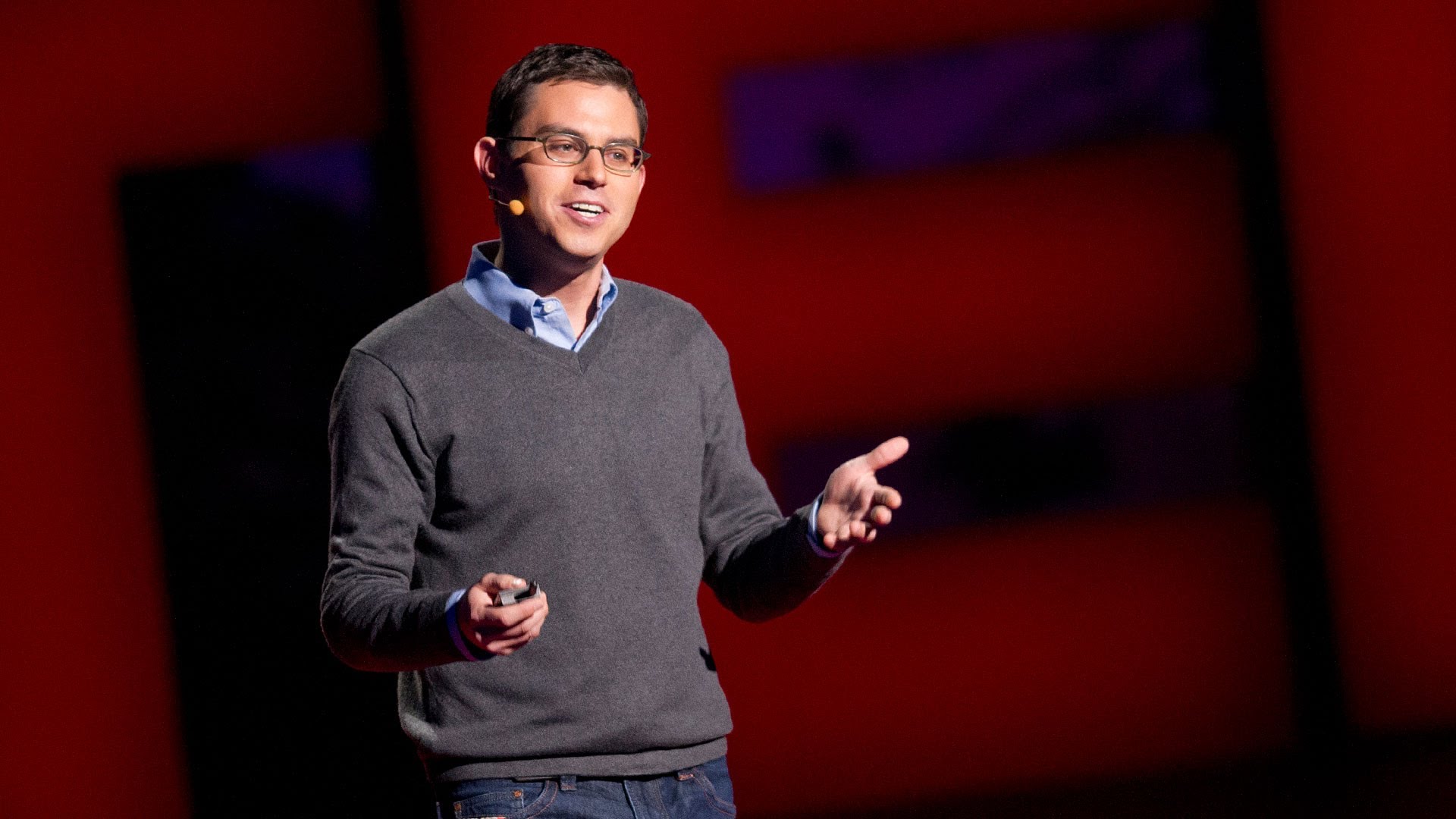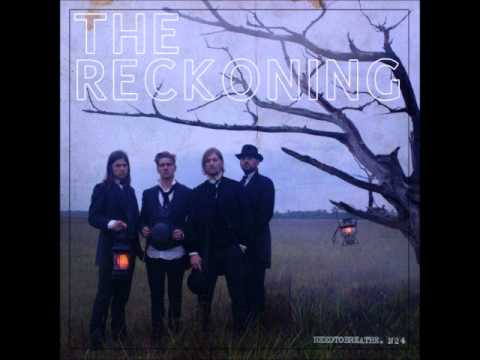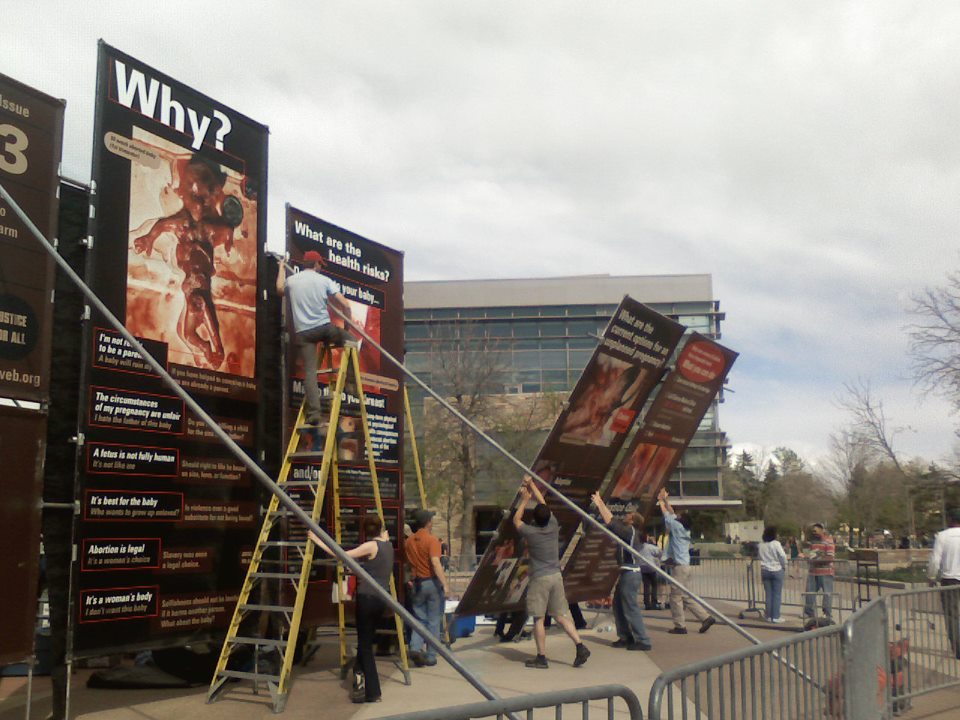- I know a few of you in high school whose counselors seem to delight in scaring you about your future, throwing ACT test-prep books at your busy little forehead.
- Some of you are heading to college for the first time. That could mean having your mom drive you to a building a few miles away and taking classes with, well, let’s just say a “diverse” group of individuals.Or it could mean moving halfway across the country — along with the stuff the volume of which you had not realized you had accumulated over the past 18 years of your life.
- Others of you are returning to college after a summer that was (surprise!) inevitably different from what you had anticipated. You’re both eagerly anticipating a change and begrudgingly dreading your brand new load of classes, chores, and financial duties.
No more counselors ACT-thumping me, no more peppy-preppy “leadership” students telling me how much “school pride” and “celebrating diversity” will help me overcome my disillusionment with the world.
Woo.
4 Tips to thrive in college
1. Try the green eggs and ham. (Theodor Seuss Geisel, 1960)
You think you know at this point in your life what you like and what you do not. You’re wrong. What you think you like, you might not actually like as much as you think. And what you think you don’t like, you might not have actually given a proper chance to earn your favor. Don’t write something off until you try it. Twice.
Now, more than any other time in your life, you have more opportunities to try more things for less expense than any other time in your future.
Rock climbing. Being the outgoing one. Dying your hair. Going to an interfaith prayer vigil. Trying out for rugby. Going to that wacky dorm event.
Don’t let the person you think you are limit the person you could be. If nothing else, you’ll get a story out of it. And if you won’t do it for your own sake, do it for the people you care about. If you have a new friend and they invite you to go build a Habitat for Humanity house with them, don’t make up some excuse. That paper (the one you won’t start until 11 p.m. anyway) can wait.
Try it. You just might like it. In a box, with a fox, here or there — anywhere.
2. Choose your influences. (Rachel Joy Scott, 1999)

Rachel wrote this on the back of her dresser. She ended up being right.
(Image source: http://acolumbinesite.com/victim/rachel.html)
The main reason Rachel Joy Scott is influential is not that she was the first victim of the Columbine High School Massacre. Even after her death, Rachel is influential because she knew the importance of choosing her influences.
In college, you will find yourself wiggling into some kind of niche. You can either passively fall into that niche, or you can carve it out with intentionality. But the friends, families, classmates, teachers, and other people you choose to hang out with will help you become the person you will be once you graduate.
Don’t read this to mean “Don’t spend time with people who are not as ‘good’ as you.”
If there’s anyone in your life whom you pity, you have more to learn about life from that person than people who are like you.
What I do mean is this: You get to decide who influences you, and how much, depending on what you share with them emotionally and how much time you spend with them. Then, you still have a responsibility to influence others yourself.
So choose wisely. Choose intentionally.
Actively pursue relationships with the people who are the kind of person you want to be.
If you can find a group of people who are really for you, and care about whether or not you succeed, hang out with that group. No matter who you’re with, serve them. And be thankful for them.
You should be spending at least 70% of your social time with people who lift you up. Then you can use the rest of your time to lift others up in your wake.
3. Everything is connected. (Dr. Grace Augustine from Avatar, 2009)
Remember the trees from that movie Avatar? (The 2009 film, not the breezy tattooed bald kid.) The trees were all connected to each other, and their interconnectedness allowed the Na’vi (the blue people) to upload and download memories and truths with one another and the environment.
In the same way, the principles that make up this world are all interconnected.
It’s why I can tell you “the night is darkest before the dawn” — which is merely some astrophysical phenomenon — and it somehow inspires you to persevere in a tough circumstance.
That’s because the person who created the principles of light is the same person who created the principle of hope. It’s the interconnectedness of the world. An artist paints his work with similar patterns. (Some unscientific people call these patterns “analagous structures.”)
It’s why I can tell you a shepherd looks for a lost sheep, and it can inspire you to go recommit yourself to a friendship. It’s why I can tell you to eat green eggs and ham when you’re a kid, and it means something to you, even though you have never seen a green egg in your life.

The tree of souls glows the most purple when it glows in the dark. Or something…
(Image source: http://www.fanpop.com/clubs/avatar/images/18906635/title/tree-souls-wallpaper)
When you are taking your classes, and going to your clubs, and reading your Bible, and spending time in nature, and playing video games, and forming an attitude toward your neighbors — look for these connections. Find the patterns. Find the metaphors. Find the associations and formulas.
Making more associations will help you remember what you’re trying to learn in your classes. You’ll do better on tests. It will also help you understand things in others aspects of your life you never would have thought about. Your economics class will be a little more interesting, because, by learning economics, you will learn a little bit about human nature, and even about the way God made your heart.
Just plug in your ponytail, get in touch with the universe, and enjoy the ride.
4. You have a definition. (Noah Webster, 1806)
Definitions. If you asked me to define “pencil,” I would start listing of characteristics of a pencil. But let’s say instead I described a pencil the same way I would describe a pumpkin: “A pencil is a large, round, orange vegetable used as food and sometimes as a decoration.” I would be giving you a false definition. If you were to compare my definition to any Dictionary conforming to the English language, you would find that my description was a lie. No matter what I pretend a pencil is, “pencils” have specific characteristics (long, thin, filled with graphite, etc.) and a specific purpose (to make erasable marks on paper).
In the same way, you as a “human being” have certain characteristics given to you by your creator, the one who decided what kind of thing you would be. And you also have a specific purpose.
It is likely that you grew up being told a wrong definition about yourself. Maybe you were bullied, told that you do not really have much value. Maybe you grew up believing you will only be loved if you give yourself away to someone physically. Maybe you grew up believing you are not wanted. Or maybe you have willfully defined yourself wrong. You might pretend to be another creature — for instance, one that was created just to have fun, or just to be happy, or just to succeed.
But you would be wrong. None of these are true of human beings. And you happen to be this thing called a human being. You didn’t choose to be human. You didn’t make yourself human. If someone told you you were less than human, they would be wrong. You are human whether you like it or not.

Noah Webster is considered one of our “forgotten founding fathers.” Because definitions are what we’re missing in politics. (Image source: https://www.vocabulary.com/articles/dogeared/the-birth-of-websters-dictionary/)
If a pencil didn’t know what its purpose was, it could find its definition in the dictionary, and its life would be far less confusing. And it would be far more useful. It could also go on pretending to be a pumpkin. But that wouldn’t do much good.
Find out what things you allow to define you. Then find yourself in the Dictionary. Erase the false definitions, and you’ll write a better story than a pumpkin ever could.






